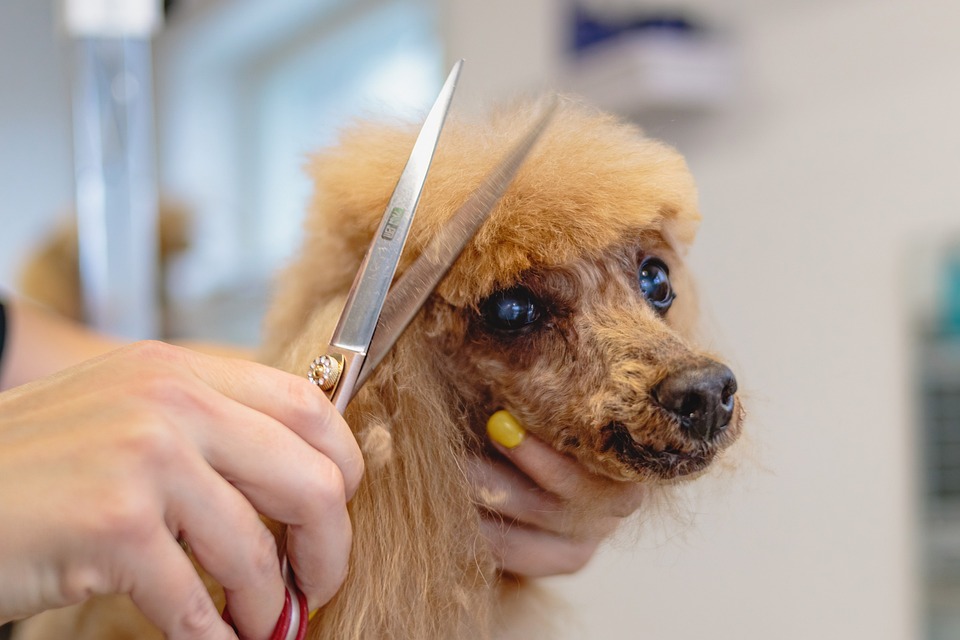A recent case of a fox testing positive for rabies in Lincoln has raised concerns among residents and pet owners in the area. The incident, which marks the first of its kind in the city, serves as a stark reminder of the importance of vaccinating pets against this deadly virus.
According to Lincoln Animal Control, the fox in question came into contact with a dog and was subsequently injured. Showing signs of illness, the fox was picked up by animal control for further evaluation. Denise Bollwitt, Animal Control Manager, emphasized the prevalence of wildlife interactions in the area, highlighting the need for pet owners to take proactive measures to protect their animals.
„This situation serves as a reminder to ensure pets are vaccinated against rabies. Rabies vaccine is the best protection for pets that encounter wildlife that may have the disease,“ Bollwitt stated in a press release.
This incident marks the third confirmed case of rabies in Lancaster County this year, with the previous two cases involving bats. Over the past few years, there have been a total of 26 confirmed cases of rabies, all in bats. The press release issued by Lincoln Animal Control outlined the nature of rabies, a virus that affects the nervous system and is transmitted through the bite of an infected animal or contact with infected saliva.
Rabies is preventable in pets through vaccination, underscoring the importance of keeping pets up to date on their shots. Additionally, prompt treatment is crucial for humans who may have been exposed to the virus. The press release provided valuable tips to avoid coming into contact with rabies, including ensuring that dogs and cats over three months old are vaccinated and seeking immediate veterinary assistance if a pet is bitten by a wild animal.
Furthermore, residents were advised to contact Lincoln Animal Control for assistance with stray, injured, or sick animals in their neighborhood and to refrain from adopting or bringing wild animals into their homes. Handling unfamiliar animals, whether wild or domestic, was strongly discouraged, as was feeding foxes under any circumstances.
In the event of a potential rabies exposure, individuals were urged to contact the health department’s communicable disease program for further guidance. By following these guidelines and staying informed about the risks associated with rabies, residents can help protect themselves, their pets, and the community at large from this dangerous virus.





